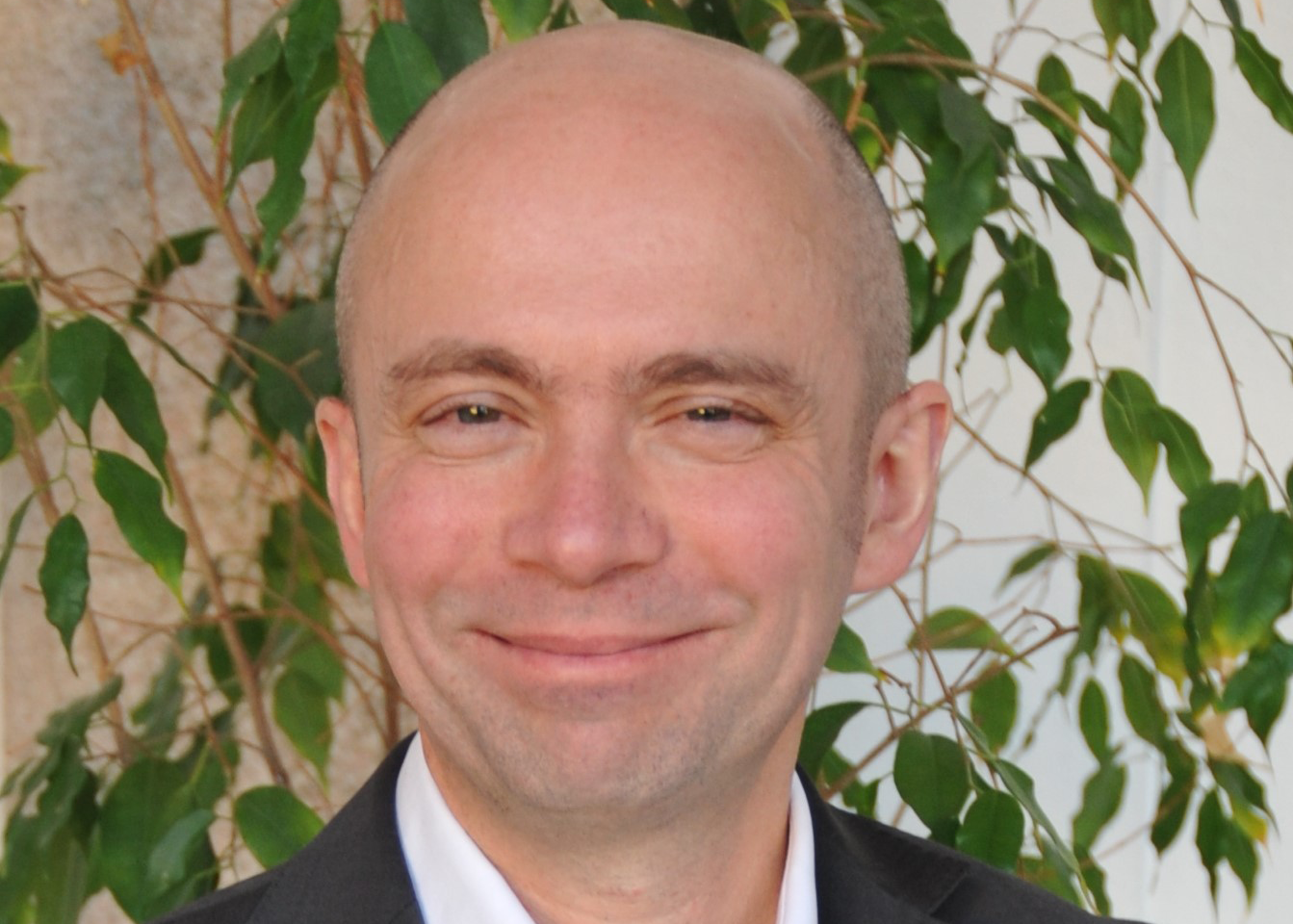Luca Stoppino, UK Managing Director of EFESO Consulting, speaks to the MCA about his firm's recent rebranding and his career in consulting.
You have recently rebranded from ‘Solving Efeso’ to ‘EFESO Consulting’. What was the decision behind this change?
Solving and Efeso actually used to be two separate companies. Both were founded in the 1980s, with Efeso focused on manufacturing and Solving dealing with more strategic / re-engineering projects.
The two companies joined forces in the early 2000s.The company cultures were different but there was common ground in their transformation programmes. Solving Efeso was then a company dealing with both strategic and operational excellence programmes across the value chain.
The name 'Solving Efeso' was not overly attractive to the market – people found it a strange name and were always asking about it. Our internal team came up with a few alternatives, some completely different names and some close to the original roots. EFESO was the most popular choice.
The logo now clearly reflects the link between Strategy and Operations as well as the Empowerment of our clients’ Teams
EF=Effectiveness, E=Engage, Empower, Energise, Enable, SO=Strategy & Operations.
How does your 'Strategy-in-Action' approach provide the best value to your clients?
The majority of strategies put together by companies may look good on paper but fail because they don’t link to concrete and implementable actions. This is a common issue with our clients. Instead of going in and changing their strategy we actually listen to what they have put together and translate it into actions that are suitable for them.
Conversely sometimes, strategies do not fit the organisation they are designed for. This usually leads to one of two choices; bring the organisation to the state where it can deliver on the strategy (as set forth in our paper on “Fit to Win” organisations), or discuss redesign of the strategy to make it achievable.
You have a strong presence in the UK manufacturing arena. What trends are you seeing and how are they impacting on how you work with your clients?
In the past you could go into manufacturing and have a vertical view, just looking at cost reduction, efficiency improvement etc. Manufacturing could be improved in isolation from the rest of the value chain.
Today this is seen as a very limiting approach. People are now looking at manufacturing as a link within the value chain. We call this a horizontal and vertical approach; vertical meaning efficiency and horizontal meaning effectiveness. Both have to be implemented in order to be successful in manufacturing.
EFESO Consulting is a global brand. Are there any key differences between the different countries you operate in?
We now have 26 offices globally and work in over 70 countries. The UK market is one of the most sophisticated but the rest of the European markets are not too dissimilar, especially in Northern Europe. The Pacific is a very fast growing market for us, there is a lot of demand to set up and grow new companies and factories.
What our clients ask us to do primarily is not to focus on the differences between the Countries, but to help them create a common ‘Operations Model and Language’ across the World, whilst taking into account the local cultural differences.
One of our clients has stated that achieving one global way of working saves them 40 Million Euros annually.
You have been MD of EFESO Consulting for 14 years. What are the key challenges in leading a consulting business?
We live in an ever-changing world so we need to adapt and listen very carefully. This means to quickly respond to the new needs of the clients, looking at what we can offer and how we can re-position ourselves.
One of the main challenges is finding good people. Sometimes it seems easier to win new business than successfully recruit the right new colleagues. Our ideal colleagues are positioned on the diagonal between technical expertise along the value chain and people’s engagement skills.
A recent challenge was to create one Team in the UK that resulted in the integration between the Solving and Efeso teams. It has been very successful so far.
What advice would you give to a young consultant joining the industry?
Be patient. I don’t think it is a good idea to have a strict career path in mind. If you are looking for a promotion at any cost every couple of years, you will become a victim of your own pace.
The future consultant, in my opinion, will be a value chain consultant gifted with technical but – even more important – emotional intelligence. Don’t get yourself trapped working only in one area, but be able to speak fluently across all areas.

